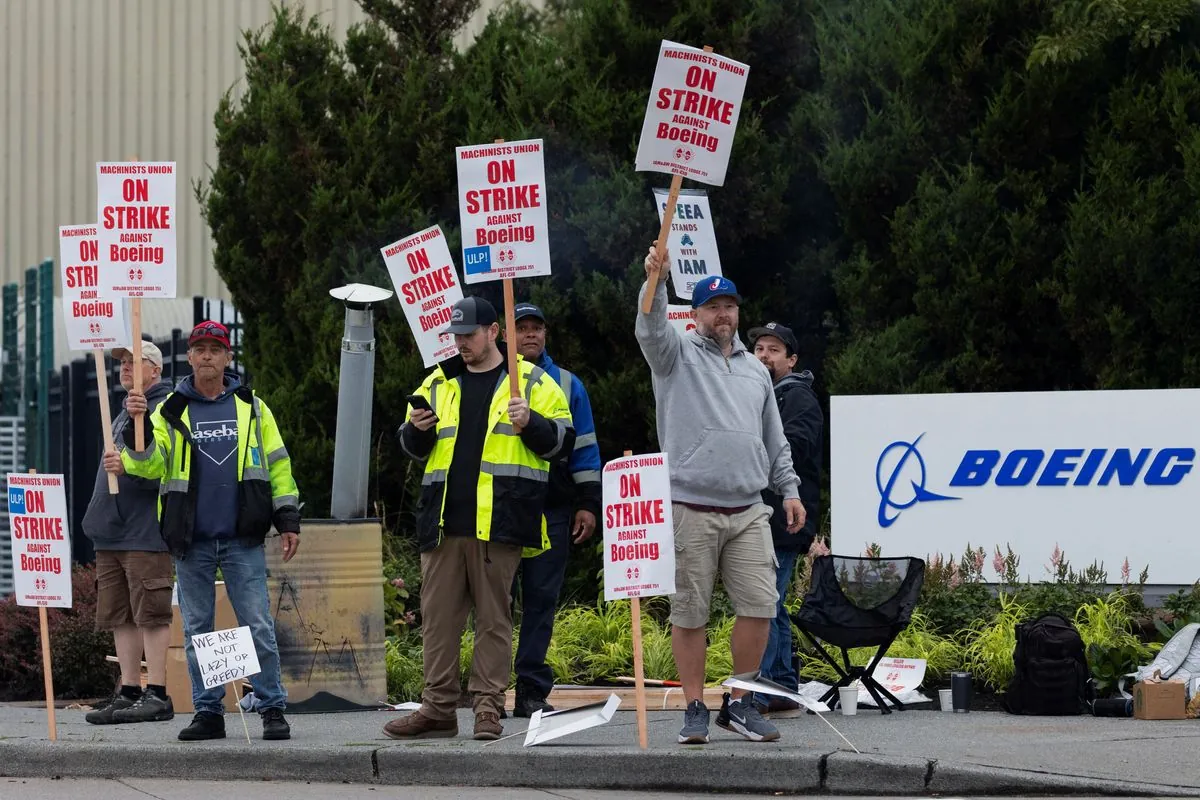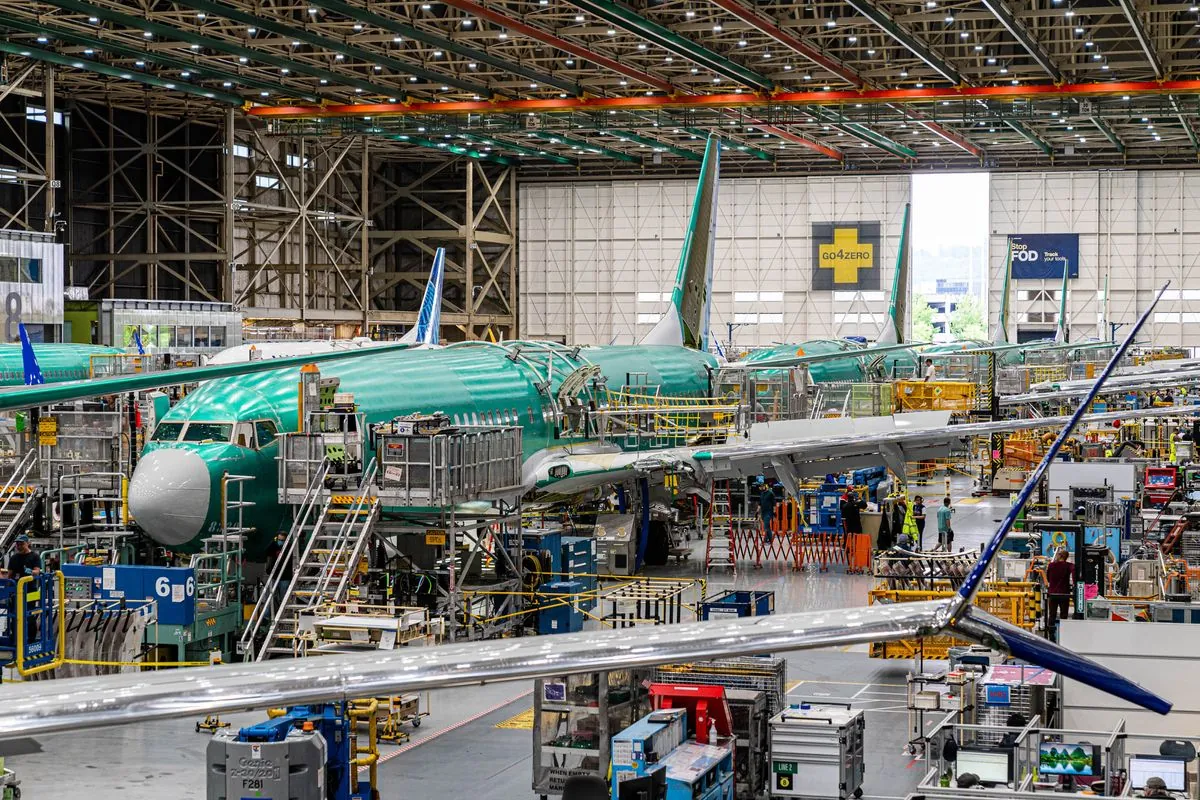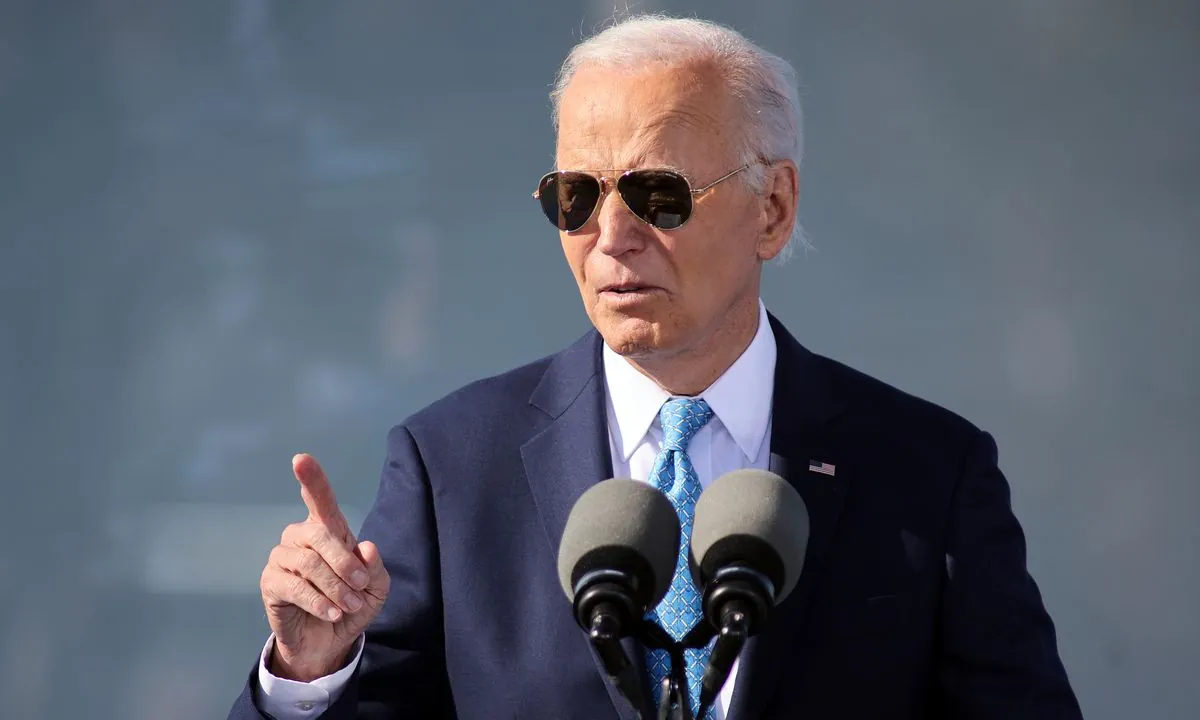Boeing Implements Furloughs Amid Machinists' Strike, Faces Financial Strain
Boeing announces temporary furloughs and pay cuts as machinists' strike enters its fifth day. The aerospace giant grapples with financial challenges and ongoing negotiations, potentially impacting its extensive operations.

Boeing, the world's largest aerospace company, has announced temporary furloughs for thousands of employees as it grapples with the financial impact of a strike by its machinists union. The strike, which began five days ago on September 13, 2024, marks the first such action by Boeing machinists in 16 years.
Kelly Ortberg, Boeing's CEO, communicated the decision in a company-wide memo, stating that U.S.-based executives, managers, and employees will be furloughed one week out of every four on a rolling basis for the duration of the strike. While the exact number of affected employees was not specified, it could potentially impact tens of thousands of Boeing's 170,000-strong workforce.
The International Association of Machinists and Aerospace Workers district 751 and W24, representing 33,000 members, initiated the strike after rejecting Boeing's offer. The union is seeking a 40% pay increase and the reinstatement of the pension program discontinued in 2014.
Financial analysts estimate that the strike could cost Boeing up to $1 billion per week, with the potential to burn through $3.5 billion in cash if it continues through September. This financial strain comes at a critical time for Boeing, which has been working to recover from a series of manufacturing and regulatory challenges.

Brian West, Boeing's chief financial officer, has announced additional cost-cutting measures, including a hiring freeze, reduction in non-essential travel, and decreased capital and supplier spending. These actions underscore the precarious financial position of the aerospace giant.
The ongoing strike has potential ripple effects for Boeing's extensive global supply chain. The company's commercial airplane division, which accounts for about 60% of its revenue, relies heavily on IAM members for the production of best-selling jets like the 737 Max and the 777 wide-body.
Negotiations between Boeing and the union continue with the assistance of federal mediators. However, the union has expressed frustration with the company's approach, stating that Boeing representatives were "not prepared" and "unwilling" to address key issues.
Ortberg, who assumed the role of CEO just last month, faces significant challenges in resolving the strike and addressing employee concerns. His $22 million pay package and recent purchase of a $4.1 million home in Seattle have become points of contention among some employees.
As Boeing navigates this critical period, the company must balance the need for cost-cutting measures with the importance of maintaining its workforce and production capabilities. The outcome of the ongoing negotiations will likely have far-reaching implications for Boeing's future operations and financial stability.
"The company doesn't seem to be taking mediation seriously."
This labor dispute adds to Boeing's recent history of challenges, including the global grounding of its 737 MAX aircraft in March 2019 following two fatal crashes. As the company works to rebuild trust and stability, resolving the current strike swiftly and equitably will be crucial for its long-term success in the highly competitive aerospace industry.


































